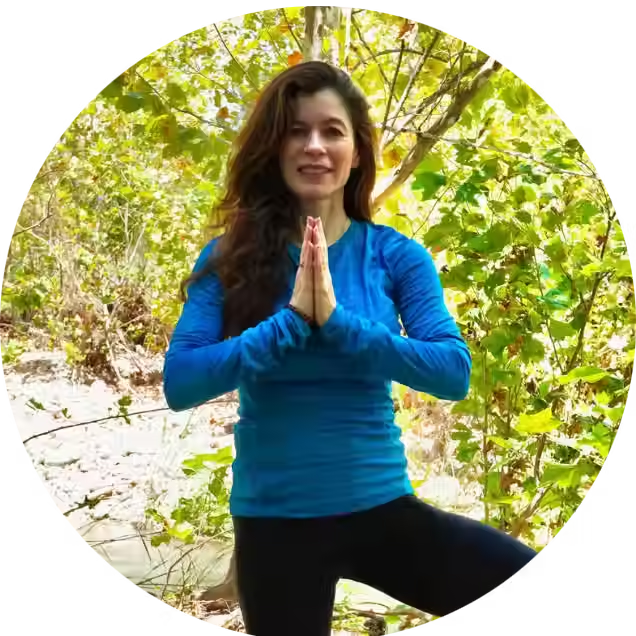High Holidays during the Pandemic: A Spiritual Opportunity?
- Lane Igoudin
- Sep 3, 2020
- 2 min read
Every year, I look forward to High Holidays: the blasts of the shofar and the uplifting New Year chant on Rosh Hashanah, our cantor’s recitation of Kol Nidre as she moves slowly through the crowded temple until she prostrates herself at the foot of the bimah, the Tashlikh on the ocean beach, and so many other meaningful moments.
My favorite part of the High Holidays is the conclusion of the Neilah service when our entire family, including my non-Jewish partner, comes up before the Arc, my tallit spread across our shoulders. There we stand, assessing the year we have lived, forgiving and asking for forgiveness, and wishing for a good year ahead.
None of this is going to happen this year. At least, not in the way we’ve always done it.
Synagogues will be closed. Most services will take place online, on the dreaded Zoom.
It sounds disheartening, at first glance. Another casualty of the pandemic, one that hurts the soul. But we are Jews, the doers, what can we do about it? How can we transform it into a meaningful, enriching experience?

This holiday season gives us an opportunity to create our own, individual sacred spaces to properly celebrate the end of one year and the start of another.
This year, the responsibility for worship and celebration is going to shift – from the clergy to us. Just like after the destruction of the Second Temple, worship moved into the synanogues established by the Jewish people wherever we were, during the time of an indefinite closure of the synagogues, worship can be moved one again - this time into our homes, which is where we all are.
Our homes have already turned into surrogate offices, schools, and playgrounds; now, they will also become miniature synagogues. We’ll have to build these sacred personal spaces, just like many of us have already done over the last five months of the pandemic – by participating in spiritual talks, seminars, Torah study groups, and even services.
In a recent online talk, Rabbi Marc Gellman pointed out some good things about this break in the routine. Zoom can offer a sense of immediacy and intimacy that a regular High Holiday setting doesn’t. In other words, being this close to the screen will allow for a much more direct experience than in the back of a sanctuary, behind hundreds of other participants. Meanwhile, the service itself, thanks to the rabbis and the cantors, will remain the same. “Drink the sweet juice of learning – via Zoom,” he suggested.
I am curious to see how this will work out, how it will feel – being at home, yet in a hallowed place; led by clergy, but also in charge of our own participation. These might be the High Holidays unlike any we’ve ever celebrated, but they also give us a meaningful opportunity to refresh and renew the tradition.
______________________________________________________________________________
Lane Igoudin, M.A., Ph.D., blogs for Applied Jewish Spirituality and produces Blessing the Sea, a monthly newsletter on Jewish mindfulness. He is a member of Temple Beth Shalom, a Conservative synagogue in Long Beach, California, and of Zen Center of Los Angeles. For more information, please visit www.laneigoudin.com.



